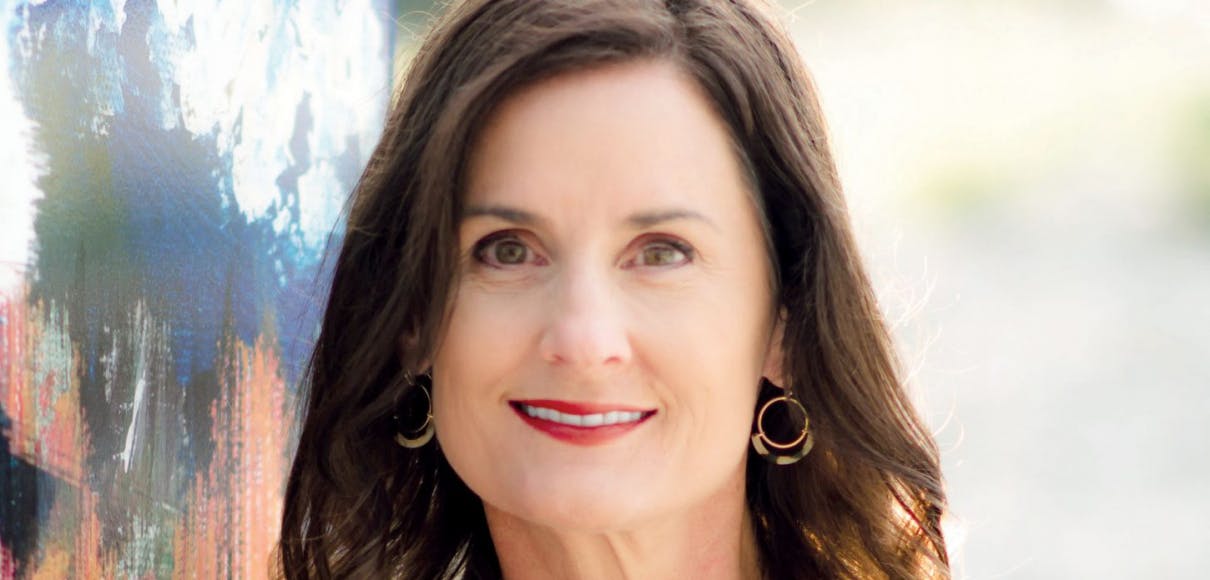Colorado’s Department of Education named Claudia Figg Ladd ’89 a finalist for the state’s Teacher of the Year award out of almost 55,000 instructors in its public school system. Ladd passionately promotes early literacy and equitable education, making sure that all students receive the same opportunities.
 Ladd, who is pursuing her doctorate in reading and literacy, teaches first grade at McMeen Elementary School — a culturally and economically diverse school in Denver whose student body includes English-language learners.
Ladd, who is pursuing her doctorate in reading and literacy, teaches first grade at McMeen Elementary School — a culturally and economically diverse school in Denver whose student body includes English-language learners.
There’s never a lack of engagement in her classroom, said David Adams, McMeen Elementary’s principal. “The students take ownership of the entire lesson. … There’s a lot of reminding kids, ‘You do the thinking,’ and a lot of posing of questions, and allowing them to turn and talk, formulate responses, and take risks.”
Ladd’s influence is measurable. Every child in her class, regardless of starting point, makes a year-and-a-half to two years’ growth in reading and math within the school year, Ladd said. Adams confirmed this: “[With] every piece of formative data we get, her students are outpacing [other] classrooms.”
And yet it’s about far more than data. In a colorful painting hanging on Ladd’s classroom wall, an orange cat stares at a starry night sky. Ziyare painted it — a first-grader whose family lived in their car. He barely knew the letters of his name and had been kicked out of three other first-grade classrooms before reaching Ladd’s.
“We are called to be a light on the hill. What can we do to catch our most fragile learners before they fall off into the ravine of lifetime illiteracy?”
Claudia Ladd
Ladd began staying after school, even skipping her lunch period — anything to get Ziyare three extra doses of reading every day.
One time, Ladd had her students read about Vincent Van Gogh, who persevered with his paintings despite numerous setbacks. She then asked her students to draw something on their own. Ziyare’s Van Gogh-inspired painting caught everyone’s attention. “All of a sudden, kids were looking at him going, ‘How did you do that?’” Ladd remembered. No one expected it of him.
At home that night, Ladd laminated everyone’s picture to bring back for them, but Ziyare never returned to school. Ladd admits that it’s not uncommon for children from transient families to disappear. “But I know he had the foundations of reading when he left me,” she added. “He found what he was good at. And I saw in his eyes what it meant to have kids value him for the first time.”
Ladd is influencing the teaching profession far beyond one school. She is now developing a program to address foundational gaps in literacy for older students.
“We are called to be a light on the hill,” Ladd said. “What can we do to catch our most fragile learners before they fall off into the ravine of lifetime illiteracy?”
Photo by Jenna Arvidson




